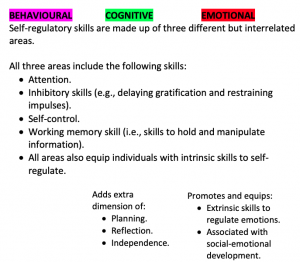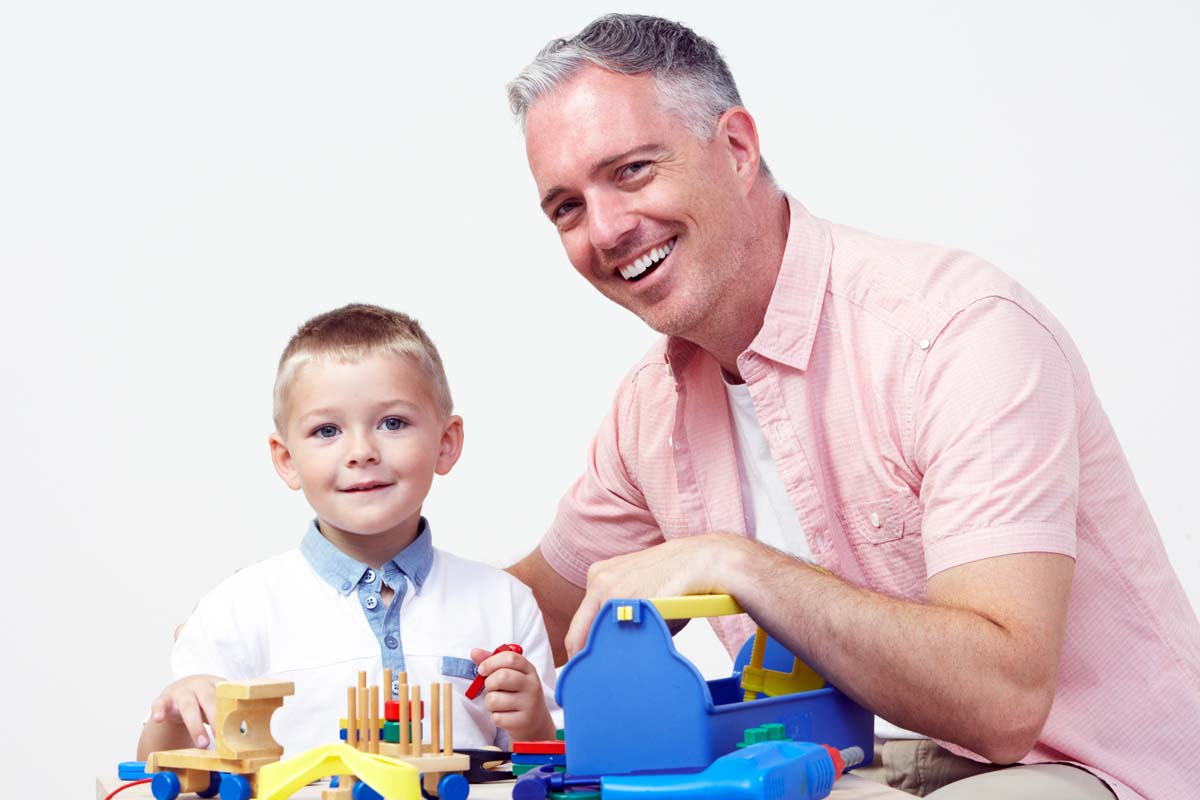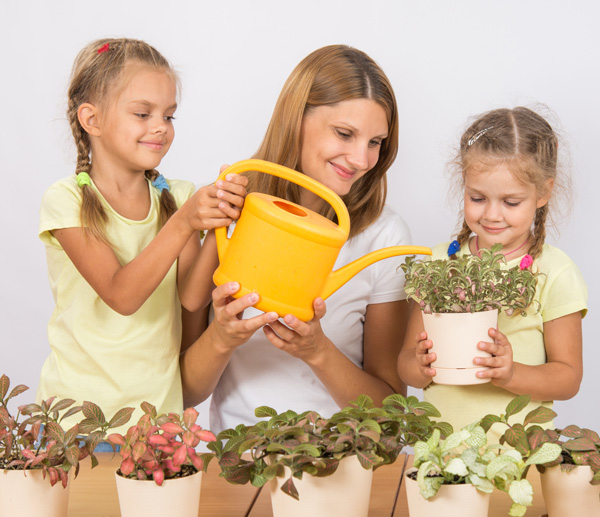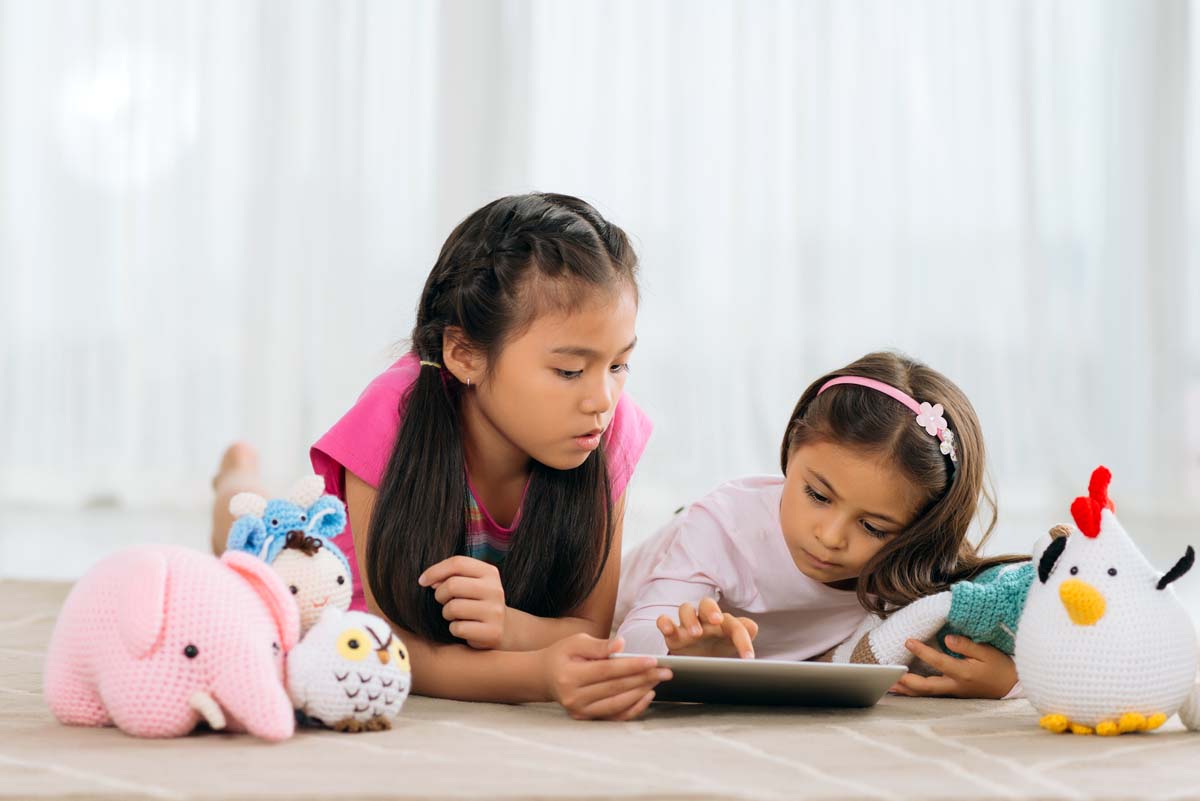Talking and the Link with Self-Regulation Skills… That Empowers Children’s Voice
Self-Regulation Skills….
 Self-regulation skills are an important developmental skill that has an accumulating influence and effect on various areas of children’s development, including their self-esteem and self-worth, which builds their social-emotional wellbeing and self-identity.
Self-regulation skills are an important developmental skill that has an accumulating influence and effect on various areas of children’s development, including their self-esteem and self-worth, which builds their social-emotional wellbeing and self-identity.
By empowering children with their voice through facilitating intentional talk and conversational opportunities, this stimulates their growth of self-regulatory skills. It also supports their literacy and language development, among other developmental areas.
The Importance of Intentional Talk and Conversations
 WHY TALK?
WHY TALK?
~ When children utilise expressive/verbal language skills, they learn about sentence structure, meaning of words in context, turn-taking in conversation and pragmatics (3).
-
-
- These skills are the foundation of other language forms and development, including reading and writing.
- The best way to learn these skills is through talking, particularly intentional and conversational talk.
-
~ When children have higher emotional self-regulatory skills, this allows them to understand societal rules and behaviour, which leads them to monitoring their own actions (1).
-
-
- This takes children to the level of internalising their self-regulation, which is what we want for all children’s self-regulation skills to reach.
- However, before reaching the point they can internalise their self-regulation, children are externally regulating their emotions (2).
-
-
-
- This means they need adult support to help them to self-regulate (2).
-
- Teachers can facilitate this area of development through various means such as the following strategies.
-
- This means they need adult support to help them to self-regulate (2).
-
* HOW TO PROMOTE & SUPPORT INTENTIONAL TALK
Engage WITH children in the following experiences:
~ Narrative and play literacy experiences, combined with drama elements for extension. Eg. improvisation, storytelling and puppetry.
~ Sociodramatic play with teachers and peers.
~ Process drama
-
-
- Teachers use a teacher-in-role (TIR) technique to begin a drama/sociodramatic experience. They adopt a submissive role, then during the experience they work alongside the children – questioning, encouraging, developing and/or steering the drama while remaining in-role.
- E.g. The teacher could be the new fire-fighter en-route to an emergency with the ‘expert’ children fire-fighters.
-
~ Ask open-ended, thought-provoking / inquiry-based questions, rather than close-ended questions.
* HOW TO PROMOTE & SUPPORT CONVERSATIONAL TALK
INITIATE conversations and/or ENGAGE IN conversations with children.
~ At mealtimes – Have conversations about what they are eating and extend on it by talking about what they like to eat. Other topics to talk about that go beyond the present include, what they enjoyed doing during the day, what they did yesterday or what they will do over the weekend, and how’s their day going (reflecting on their feelings and thoughts of the day).
~ When children need a break, because they are getting a bit too energetic, break up the day with some ‘quiet time’.
-
-
- ‘Quiet time’ is a time where children can get into small groups in a relaxed mood/setting, and have little conversations – recalling past events, predicting future events (such as what they will do tomorrow or on their planned holiday) and/or narrating imagined stories to each other.
-
So why all this talking? What’s really taking place?
When Children Talk Beyond Their Immediate Context They…
~ Develop ‘decontextualised language’. That is, they talk about and explain events in the past and future, which allows them to wonder and imagine about ideas.
~ Develop their verbal language skills and increase their vocabulary.
~ Develop skills that will contribute later to their writing, both for creative and more formal purposes.
~ When children narrate stories and love to have ‘chats’, they also develop more self-confidence as they learn more social skills and grow in their social-emotional skills and wellbeing (3).
~ Use higher-level thinking skills such as, suggestions and prediction as they answer open-ended questions posed to them. This sparks curiosity that contributes to their cognitive development (4).
When Teachers Have Conversations & Talk With Children… (3)
~ Teachers can model language, including grammar, sentence structure and vocabulary.
~ Teachers can model self-regulatory processing skills.
~ Children learn empathy as they see others have different thoughts, feelings and experiences than themselves.
~ Children develop a sense of belonging and being as they develop trusting relationships with adults and peers through the conversations they have with each other. This all contributes to more self-confidence and positive social-emotional wellbeing.
As a result, children are empowered with their voice! They use their voice/words to speak out, and in doing so, are empowered and realise that their voice can and has the right to be listened to and respected by both their peers and adults.

(3) Test J.E., Cunningham, D.D., & Lee, A.C. (2010). Talking with young children: How teachers encourage learning. Dimensions of Early Childhood, 38(3), 3-14. From: http://southernearlychildhood.org/upload/pdf/Talking_With_Young_Children.pdf
ADDITIONAL REFERENCES
(1) Willis, E., & Dinehart, L.H. (2014). Contemplative practices in early childhood: Implications for self-regulation skills and school readiness. Early Child Development and Care, 184(4),487-499. doi: 10.1080/03004430.2013.804069
(2) Bodrova & Leong, 2007; Dawson & Guare, 2010, as cited in Willis & Dinehart (2014).
(4) A study by Weitzman & Greenberg, 2002, as cited in Test, Cunningham, & Lee (2010).
© Tirzah Lim 2017






